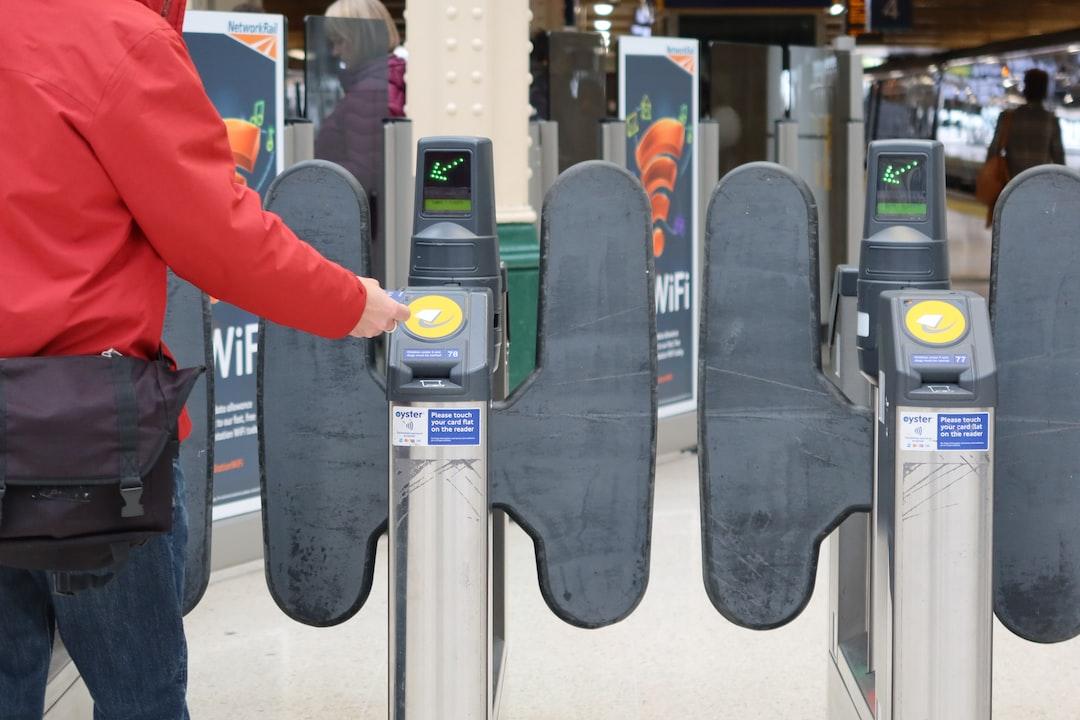In the backdrop of Venezuela’s deteriorating economic condition, there has been a notable surge in crypto remittances from overseas family members aimed at supporting residents within the nation who are grappling with persistent inflation and supply challenges.
Cryptocurrencies constituted 9% of the $5.4 billion in remittances transmitted to Venezuela in 2023, amounting to $461 million in value. According to Chainalysis, remittances to Venezuela have seen a consistent rise annually since 2018, with only 2020 being the exception.
While remittances are traditionally facilitated through platforms like Western Union, the relatively high fees, lengthy processing times, and currency supply issues often render these services less feasible for individuals in developing regions.
Venezuela, despite holding the world’s largest proven oil reserves, continues to be ensnared in an economic quagmire characterized by enduring inflation, severe sanctions, supply disruptions, and governmental malfeasance.
In a bid to circumvent sanctions imposed by the United States on the oil-rich nation, the Venezuelan government introduced a government-backed cryptocurrency named the “Petro” in 2018. Regrettably, the Petro failed to garner widespread acceptance due to perceived corruption and its non-recognition as legal tender domestically.
Even Venezuela’s central bank declined to recognize the Petro, leading to its cessation in 2024 after a protracted struggle lasting six years. Nonetheless, this setback did not deter the Venezuelan authorities from revisiting digital assets as a means to evade U.S. sanctions.
Recently, there have been reports indicating the Venezuelan government’s intent to employ cryptocurrencies for facilitating international oil trade. Notably, stablecoin issuer Tether made public its decision to freeze USDT assets held by Venezuela to comply with U.S. sanctions.
A substantial portion of remittances dispatched to these South American nations comprises stablecoins and value-preserving assets, as per data from Chainalysis.
Paradoxically, in addition to its economic woes, Venezuela grapples with widespread energy shortages. This led to the imposition of bans on crypto mining by Venezuelan officials in May 2024 on the grounds that mining cryptocurrencies placed excessive strain on the country’s struggling power grid, which has been under duress for the past decade.
The May 2024 prohibition on crypto mining is not the initial instance of Venezuelan authorities targeting mining activities and enacting anti-crypto measures. In 2023, mining facilities were shuttered amid an anti-corruption investigation into Venezuela’s oil sector and the chief of its crypto ministry, Joselit Ramirez Camacho.

